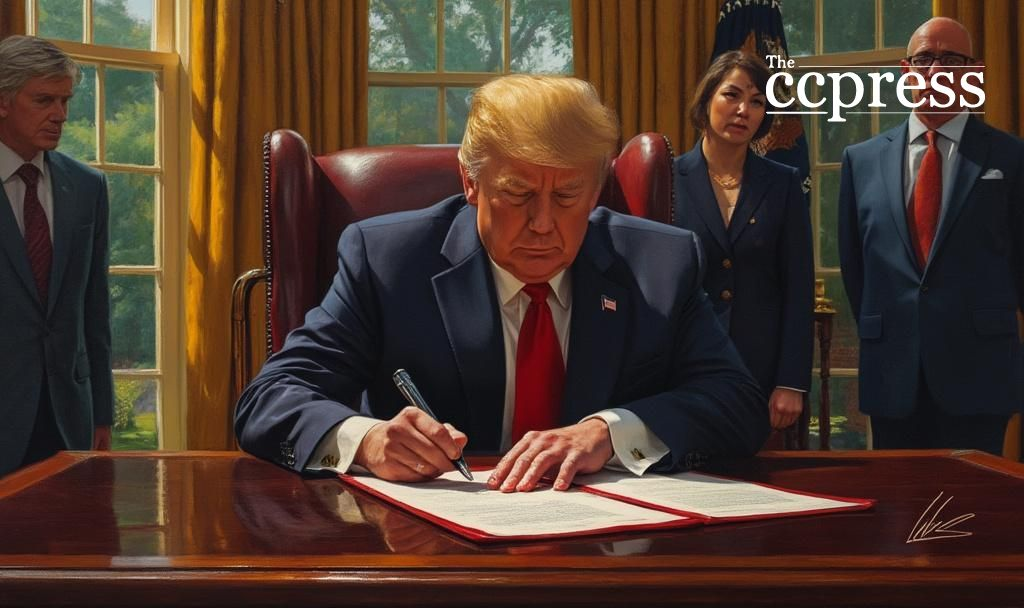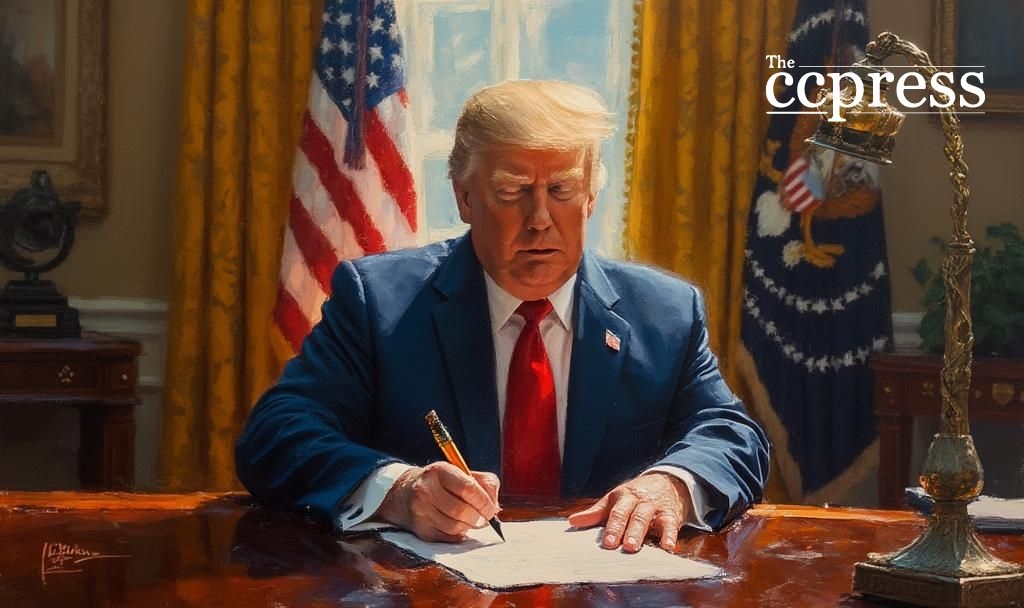- May marked a decline in crypto scams; losses dropped by 40%.
- Cetus hack dominated, losing $223 million, most funds were frozen.
- Vigilance in DeFi security showcased, major recovery efforts underway.

Crypto scammers stole $244.1 million in May 2025, primarily due to a massive theft on the Cetus DEX. PeckShield, a blockchain security firm, reported the 40% reduction from April’s losses.
PeckShield’s report highlights improved resilience in the crypto sector, signaling progress in combating scams despite the massive exploit affecting the Sui-based Cetus DEX.
PeckShield, a leading blockchain security firm, revealed in their report that approximately $244.1 million was stolen in May through 20 major hacks. “In May 2025, ~20 major crypto hacks were recorded, resulting in total losses of $244.1M — a 39.29% decrease from April,” noted PeckShield, as reported by Cointelegraph. The Cetus DEX incident alone accounted for a staggering $223 million loss.
The Cetus event resulted in the freezing of $157 million of the stolen assets by Sui Network and Cetus, illustrating effective response protocols. The Cork Protocol also faced significant disruption with a theft of 3,761 wstETH units.
The impact primarily hit Ethereum and Sui-based assets. While the market saw a sizable theft, efforts to recover and secure funds highlight industry improvements, though DeFi vulnerabilities remain concerning.
The aftermath placed a spotlight on DeFi protocol security. The sector’s efficiency in some recoveries, particularly on the Sui Network, hints at better industry preparedness, even as potential threats linger.
The report underscores the long-tail risk in digital asset protocols, with data suggesting trends toward improved incident handling. However, vulnerabilities in DeFi protocols like Cetus suggest further security reviews are crucial.
| Disclaimer: The content on The CCPress is provided for informational purposes only and should not be considered financial or investment advice. Cryptocurrency investments carry inherent risks. Please consult a qualified financial advisor before making any investment decisions. |






























